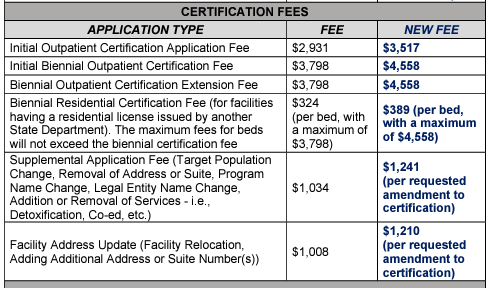Licensures are the starting point of any successful treatment center.
Small mistakes, if they go unaddressed, could cost your rehab time, money, and credibility.
Doing things the right way the first time can prevent you from winding up in unexpected situations.
Here’s what you should know about the licenses for drug rehab centers, including a state-by-state breakdown of licensing resources.
But First — Why Do You Need Licenses for Your Addiction Treatment Center?
Addiction treatment licenses are required in many states. Without the right certifications, you can’t legally open for business.
But there are many other reasons why you’d want the approval of licensing boards. In addition to insurance payments and marketing opportunities, you can ensure a professional appearance for patients — keeping you level with the competition.
Let’s look at these benefits in greater detail.
Collect Third-Party Payments
Insurance companies typically require CARF or JCAHO accreditations before covering or reimbursing for drug rehab treatments. Having one (or both) accreditations means patients are more likely to have insurance coverage, and therefore more likely to enroll in your program.
Maintain a Professional Appearance
Drug rehab is a sensitive branch of healthcare, and patients won’t sign up unless they feel confident in your program. Licenses are a big part of the equation — the right ones help you make a good impression on patients.
Juice Up Your Marketing
Many addiction treatment licenses come with digital badges you can use on your website or other marketing collateral. You can even use license-specific language in your ads to generate traffic or capture the attention of leads.
Types of Licenses Required for Drug Rehab Centers
There are three ‘layers’ of licenses involved in opening an addiction treatment center: state licenses, commission accreditations, and optional memberships.
Let’s dive in.
State Licenses
Before you even consider opening an addiction treatment center, you need to look at the licensures required in your state. These may look different depending on your size and rehab type, so be sure to do your homework before moving forward.
Here’s a chart with more information on drug rehab licensing by state:
Commission Accreditations
Drug rehab centers are subject to two major accreditations: CARF (Commission on Accreditation of Rehabilitation Facilities), and JCAHO (Joint Commission on Accreditation of Healthcare Organizations).
Roughly 30% of surveyed rehab centers have a CARF accreditation, and 23% have a Joint Commission accreditation.
This means if you want to be competitive in the rehab space, you need to apply for one or both.
What do you get from these accreditations?
Let’s break it down.
CARF for Drug Rehab Centers
CARF is a nationally-recognized accreditation focused on quality patient care. Surveyors visit your facility, assess treatment and care, and then issue a license if they determine you’re up to par. Facilities must follow the ASPIRE to Excellence® quality framework, which can be found on the CARF official website.
You can learn more about CARF in our comprehensive guide.
JCAHO for Drug Rehab Centers
Like CARF, JCAHO is a healthcare accreditation certifying patient care in a variety of behavioral health niches. They also have rigorous standards for quality control, as it takes up to two months to receive accreditation. The good news is, that you can reference their dedicated guide before initiating the accreditation process.
You can learn more about JCAHO in our dedicated breakdown.
Department of Health Care Services (DHCS) Licensing
If you plan to open a drug rehab center in California, you first have to go through DHCS. This organization has final say on licensing CA treatment centers, and commands sole authority to license rehab facilities offering:
- Detoxification
- Individual, group, and/or educational sessions
- Alcoholism or drug abuse recovery or treatment planning
- Incidental medical services
Keep in mind DHCS’s residential licensures and application fees aren’t cheap — the more beds you have, the more you’ll have to pay.
Here’s a quick look at their updated cost estimates:

Source: DHCS
Optional Memberships for Drug Rehab Centers
Your addiction treatment center doesn’t need a membership to open. But making a concerted effort instills trust and professionalism in your business.
Below are some organizational memberships you may want to consider for your rehab center:
The American Society of Addiction Medicine (ASAM)
An organizational membership with the American Society of Addiction Medicine proves your business’s commitment to best practices and treatments. Becoming a member unlocks training and networking opportunities, as well as additional benefits like digital credentialing.
The Association for Addiction Professionals (NAADAC)
NAADAC is another member-based organization serving addiction treatment professionals and the rehabs they serve. Organizational benefits include discounts, advertisements, and reserved spaces at trade shows, along with a listing in the NAADAC Organizational Member Directory.
The Cost of Licensing a Drug Rehab Facility
No professional accreditation is completely free. You need to be prepared to pay up-front or look for financing opportunities if that’s not an option.
What are the prices and fees you should expect?
Let’s look at CARF for example.
You may have to pay:
- A $995 application fee
- $1,585 per surveyor per day (for virtual sites)
- $1,840 per surveyor per day (for on-site centers)
This is a sizable chunk of change no matter how much capital you have. And since failing a license application means throwing thousands out the window, doing things right the first time is in your best interest.
How Do I Get My Addiction Treatment Center Licensed?
Getting a license for your drug rehab center can be arduous and expensive. Even if you’ve licensed a business before, you could run into roadblocks costing thousands of dollars.
If you want to license your addiction treatment center in the easiest possible way, you should:
- Carefully read your state license requirements. We listed some documentation in the table above.
- Speak to CARF and JCAHO representatives about your specific circumstances. If possible, get in touch with other addiction treatment centers that have already navigated these accreditations.
- Write up a business plan before pursuing any licenses. This greatly reduces your risks for rejection.
If you don’t want the responsibility of getting a license on your own, you can always work with a consulting service to receive additional support. Just keep in mind there’s a trade-off here: these specialty services typically don’t come cheap.
Learn More About Opening An Addiction Treatment Center
Ready to learn more about opening your drug rehab center?
Check out these resources to get started:









